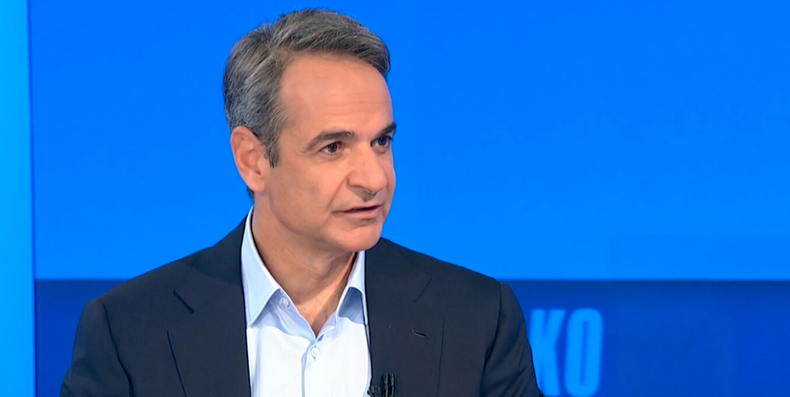High-level Radical Left Coalition (SYRIZA) government sources state that a final deal between Greece and its four creditors (EC, ECB, ESM, IMF) is possible by August 18. The same sources are optimistic concerning the course of negotiations.
Greek Finance Ministry sources point to continued negotiations between Greece and the Quartet until Saturday so that open issues can be agreed upon. Technical staff are discussing the minimum guaranteed income on Friday without excluding a continuation of talks on fiscal and macroeconomic data on the weekend so that all loose ends can be tied up by Monday night when – it is hoped – a text will be agreed upon by all sides.
The French side is supportive of Athens efforts and expectations, and this was confirmed in a meeting on Thursday afternoon during an official visit to Egypt’s Ismailia on the occasion of the inauguration of the extension of the Suez Canal. The meeting between Greek PM Alexis Tsipras and French President Francois Hollande was held “in a very friendly climate” with both leaders discussiong issues related to the new fund that is being created to handle assets of the Greek state. Both leaders agreed that an agreement is possible soon after August 15.
The same positive climate is also held by Brussels with officials declaring “satisfactory progress”. EU deputy finance ministers (EFC) are to hold a teleconference on Greece on Friday so as to evaluate the progress in negotiations.
The German government, however, has yet to confirm or deny progress and is interested in a bridge deal that would ensure Greece manages to pay off its loan worth 3.2 bln euros to the European Central Bank on August 20 before continuing negotiations.
The biggest thorn in negotiations at the moment is the fiscal gap for 2015 and agreeing on new goals. The government hopes to create measures that will lift the burden of recession looming over the economy. The Eurogroup meeting on the eve of the Greek public holiday on August 15 will be crucial and conclusive.
Thorns in negotiations between Greece and creditors:
– Macroeconomic targets that include fiscal matters (recession, primary surplus, tax collection etc.);
– The minimum guaranteed wage;
– Non-performing “red” loans and the study by Japan’s Nomura concerning how these should be handled;
– Setting up the new Privatization Fund;
– How the retirement age should be increased.
Dates
Representatives of creditors hope to leave Greece next week, possibly by August 12, after the plan for a new Memorandum is chartered, possibly within the weekend.
The goal is for the new bailout to be ratified by Greek Parliament on August 18 so that it can be approved by foreign parliaments so that Greece can pay off its dues to the ECB on August 20.



































